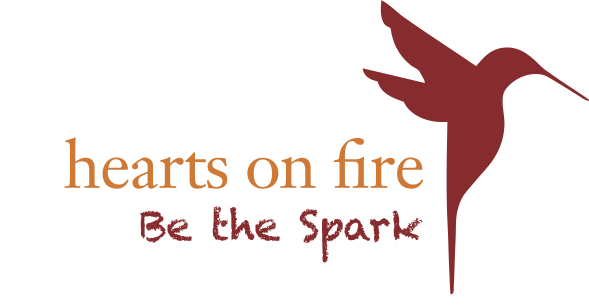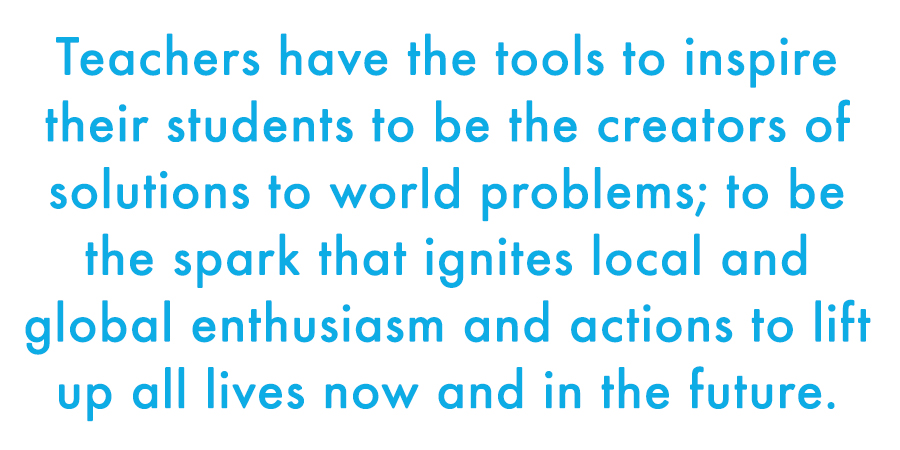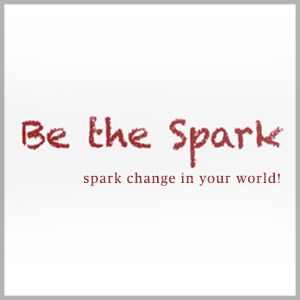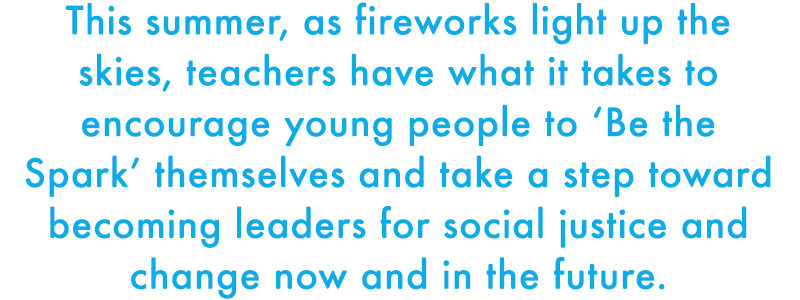The Michael Sam affair brought on an outpouring of hateful emails and texts, condemning him for embracing his boyfriend after being named an NFL draft pick. And it made me want to scream a four-letter word at everyone so horrified by a man-to-man kiss…
L-O-V-E!
What’s wrong with LOVE, people!? Why don’t you want your children to see LOVE?
It was a disheartening display that prompted me to check in with a very smart, insightful friend who knows about football and about being gay. Meet Adam Drucker.
Q: Adam, aside from being a huge football fan, and the winner of your fantasy football league, you have said you are in awe of Michael Sam. Why do you admire him so much?
A: Because of his REAL achievements. He’s a terrific athlete who has persevered in the face of a difficult childhood. ( HYPERLINK "mailto:MichaelSam@wikipedia.com" MichaelSam@wikipedia.com) On that level alone he’s an inspirational man. But then you add to it that he chose to come out, knowing the potential risks and damage it could do to him and everything he’s worked so hard for -- and I think you have a true pioneer, a history-maker.
Q: You seemed absolutely jubilant at Sam’s public display of affection. Why did it mean so much to you?
A: Two reasons:
Visibility: I think one of the reasons many people are still so revolted by homosexuality is because they have never seen two men kiss or hold hands. Pop culture has helped change that. Because of “Modern Family,” Bravo, MTV, etc., people are certainly far more familiar with gay people and, in a sense, “know” them. But I honestly never thought I’d see an out gay NFL draft pick kiss his boyfriend on ESPN in my lifetime. I’ve read that the kiss was planned for a reality show that Oprah is doing with Sam, but if so, that makes no difference to me. It still takes enormous courage to show same sex affection, especially in pro sports.
Changing Stereotypes: I have always believed that homophobia (really: homo-hatred) is rooted in Misogyny. Yes, the physical acts people imagine repulse a lot of folks – but I think it’s a much more primal hate. It’s about strength vs. “weakness,” masculinity vs. femininity, “maleness” vs. “femaleness.” A man who supposedly behaves like a woman is seen, not just as a freak and a joke, but also as a genuine threat to our entrenched patriarchal society.
I want to make this perfectly clear: I am not saying there’s anything wrong with feminine men or stereotypically campy gays or gay men who love Brave and E!. But they do not represent the enormous diversity of who we really are: car mechanics hockey players, engineers, construction workers, doctors, police officers, decorated military heroes and, yes, NFL players. Being gay does not equal being female. Many of us do care about women’s shoes and the Kardashians - great. But many of us don’t. At all.
Q: Speaking to that, Michael Sam is 6’2”, 256 lbs. - hardly the image many people have of a gay man.
A: Anyone watching Michael Sam play at Mizzou can see that he is a warrior. As the analysts love to point out: he has his flaws, but regardless, he fits the age-old male, gladiatorial ideal. For a warrior to kiss another man, in tears no less, is revolutionary – it’s transgressive – it confuses age-old notions of what it means to be a man. And for me, it represents the truth of what I know to be a part of gay life that is rarely seen or acknowledged.
Q: There has been an enormous outpouring of both support and condemnation for Michael Sam. Some ugly comments suggest it’s bad for kids to see two men embracing like this. Does that kind of negative reaction surprise you in 2014?
A: Nope. We all know that internet comments are frequently hateful –people protected by anonymity with no fear of repercussion. It’s the worst of human nature run amok. That said, I think the vitriol is different here. Yes, there are the usual, “Burn in hell, fags!” “I’m boycotting ESPN!” suspects – but most comments fall in the more subtle “I don’t care what they do in private, but I don’t need to see that – or have my kids see that.” Although plenty of draft picks kiss their girlfriends, somehow they see Sam as was making a political statement by expressing the most simple gesture of celebratory joy.
And the hypocrisy is maddening!!! How many players and draftees have been involved in actual crimes – Aaron Hernandez was just indicted in the killing of two people. All Michael Sam did was kiss a man.
At best I suspect it made some viewers uncomfortable and shift in their seats; at worst there were tons of viewers hurling chile con carne and gay epithets at the TV set.
Q: Michael Sam acknowledged that he is a gay man in an ESPN interview in February. So why the huge uproar now?
A: There actually was a minor uproar back then. Plenty of sports fans asked WHY he had to share it? They said he was doing it for the fame and kudos from the “liberal elite” (and he did get the Visa ad, the Oprah show and the Arthur Ashe award).
Beyond that there was a very loud whisper campaign -- plenty within the NFL who said it would hurt his chances in the draft. And it did. YES, he did not do great at the combine. YES- he’s not the best there is and he’s mid-sized, etc. But, as many analysts have said, there are certainly not 248 better players than him – and he would have definitely been drafted earlier if he did not come out. (This late pick translates directly into less income.)
And in terms of uproar, there are some who claim he shouldn’t have been picked at all. And outrage that before he’s even actually made the team, he’s reaped many rewards.
This is where I get really angry. When straight people have to announce their heterosexuality and can’t kiss their girlfriends without it being political – when they cannot live freely without constantly looking over their shoulders and self-monitoring – THEN they have the right to question his motives.
Sam said he didn’t want it to come from someone else and he didn’t want it to be perceived that he was ashamed – and I believe him. If he gets awards and endorsements because of it, power to him.
Q: Certainly, the LGBT community has made great strides toward achieving equality and acceptance in America. But do you think Michael Sam’s emotional display helps the cause or might it strengthen anti-gay sentiment in the country?
A: Cop out answer: both. But I think that’s how progress is made – two steps forward, one step back. And the more visible gay people are, the more gay bashing and bullying there’ll be.
Ultimately though, it’s all about future generations. This has happened. Kids born today will never know a world where NFL draft picks aren’t gay and kissing their boyfriends. I’ve already read about high school athletes coming out to their teams and parents because of Sam. It will normalize and little by little – it will be neither an abomination nor a freak show… it will just be.
Q: Six former NFL players came out as gay men after retirement. Do you think this controversy will encourage other homosexual athletes to “say and play” or will the vitriol intimidate them into silence?
A: More will come out. 50 years ago -- with almost no support and homosexuality still classified as a mental illness – well, obviously most people had no choice but to retreat. But two things are fundamentally different now:
The numbers of people who are living openly with the support of friends and family are so much greater now than ever before. And studies say that the thing that most changes public opinion about homosexuality is when they know someone who’s gay.
2. Technology and social media have contributed to an almost seismic shift in attitudes towards LGBT people in the last decade. I think it would be really, really hard to live in the closet now and have a double life or just an occasional secret fling – everything is public. And so younger people accustomed to branding themselves on FB, Twitter, Instagram etc – incorporate it into their public identity.
Q: What would you like to see happen now?
A: I hope Michael Sam plays hard as hell in the pre-season and gets a spot on the team. Then I hope he has a terrific season.
Long term: I want it to be a non-issue – no announcements necessary.
I hope that no gay kid ever feels that his opportunities will be limited because of his sexuality. Michael Sam’s most important legacy is to them: he’s shown them that no matter where you start or who you love, if you have enough raw talent and work your ass off -- your future is limitless.
(Adam Drucker is a Phi Beta Kappa graduate of Yale University and an entertainment producer based Los Angeles.)







































































































